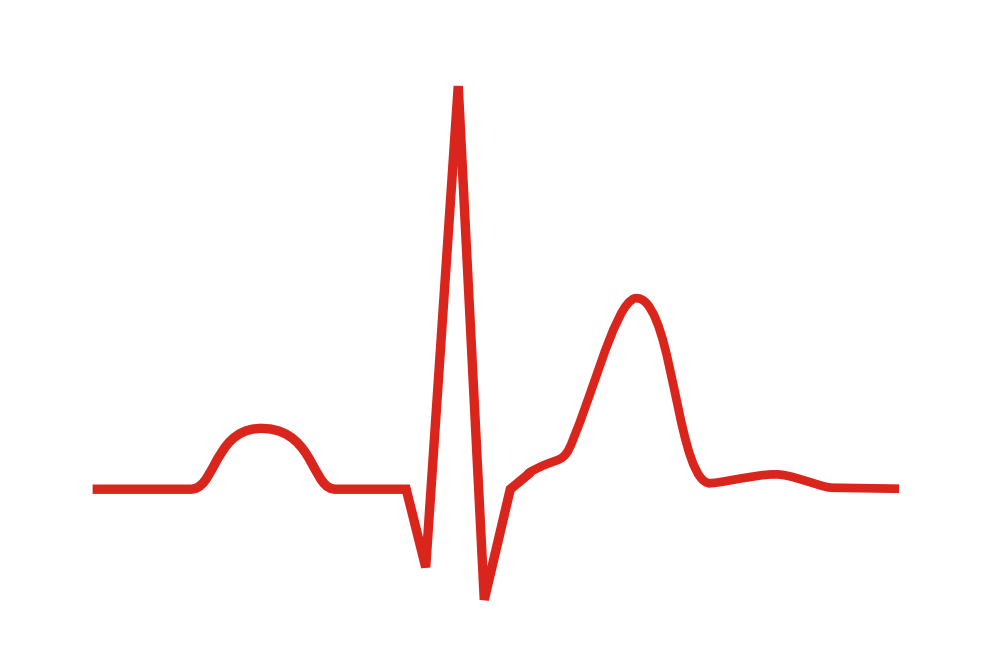Short QT Syndrome
Short QT Syndrome is a very rare genetic disease of the electrical system of the heart – an arrhythmia. Short QT patients are born with the disease.
Its characteristic feature is a shortening of the QT interval in the ECG. The ECG is a recording of the heart’s electrical activity. The QT interval is approximately the time in a heart beat when the cardiac chambers contract to when they finish relaxing. In Short QT patients, this time is shortened. On an ECG, it can look like this:

“Short QT Syndrome” is rather long. Is there an abbreviation?
Yes, there is. Short QT Syndrome is often called SQTS. You can also access this website on sqts.info if you would rather not type in the long name.
What are the symptoms?
- heart palpitations (noticing your own heartbeat), extrasystoles
- dizziness, fainting, syncope
- atrial fibrillation
- cardiac arrest, sudden cardiac death, ventricular fibrillation
- ventricular tachycardia
These symptoms occur even at a young age. Unfortunately, sudden cardiac death is sometimes the first symptom, which is why an examination of the heart in affected families is important.
There are, however, patients who do not experience any symptoms during their whole life. Rare cases in which the genetic mutation causes additional symptoms in other systems of the body, e.g., the brain, exist.
What are the consequences?
Since there are so few patients, that is difficult to determine. Short QT patients have a significantly increased risk of dying through sudden cardiac death (ventricular fibrillation). They also have an increased risk for other abnormal heart rhythms. Abnormal heart rhythms and death often occur at a young age.
Is the anatomy of the heart altered?
No, it isn’t. Short QT Syndrome is an electrical heart disease. The structure and anatomy of the heart are usually unremarkable.
What is the cause?
Short QT Syndrome is genetic. It appears to be inherited in an autosomal dominant pattern, which means if one of your parents got it, you have a high chance of getting it too. In Short QT Syndrome patients, genes responsible for producing certain ion channels within heart cells are mutated. Some of these genetic mutations are known by name: KCNH2, KCNQ1, KCNJ2, CACNA1C, CACNA2D1 and SLC4A3.
How is Short QT Syndrome diagnosed?
The key finding in Short QT Syndrome is a shortened QT interval in the ECG. The lower limit of the QTc interval is disputed; it might be around 360 ms or around 320 ms. There are other features supporting a diagnosis.
How rare is it?
As of 2022, less than 300 cases have been described worldwide. The disease was discovered in the year 2000. Rare diseases are usually defined by a prevalence of 1:10,000. Short QT Syndrome seems to be even rarer, but the exact number of patients is still unclear.
Why does my doctor not know it?
There might be two reasons:
- Short QT Syndrome is exceedingly rare, even for a rare disease. You’d not want your doctor to know numerous rare diseases that you don’t suffer from; you’d want your doctor to be familiar with common diseases.
- We’ve known that the length of the QT interval can be a sign of heart arrhythmias for over a century. However, until 2000 only long QT intervals were believed to be problematic. That’s why – even today – many doctors have learned and are learning to believe a short QT interval is a good thing. It isn’t. Not all textbooks have been updated and since Short QT Syndrome is very rare, they might never be.
How is Short QT Syndrome treated?
As there are only a few patients, large studies could not have been conducted. One treatment option is a medication called Quinidine, another is an implantable cardioverter-defibrillator (ICD). Other options are being investigated.
How to find a doctor?
Finding an expert on Short QT Syndrome is not easy. If you are based in Europe, you can turn to one of the centers that are members of ERN GUARD-Heart.
SQTS and COVID-19
A recent review concluded that there might not be particular concern when patients with SQTS are infected with SARS-CoV-2.
Find news about Short-QT-Syndrome on Twitter! http://twitter.com/shortqtsyndrome
